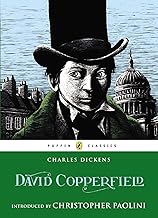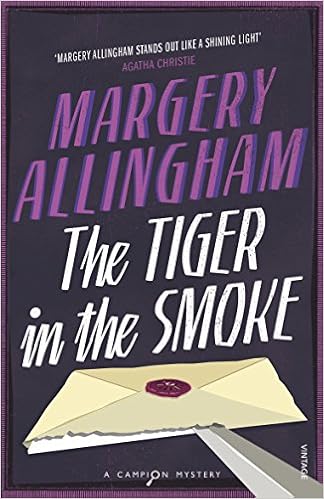Six degrees of separation is an idea of Kate’s at Books are my Favourite and Best, where the idea is that everyone begins with the same book and links to six other books to form a chain. To find out more take a look here.
The start book this month is The Turn of the Screw by Henry James, a gothic, ghost story.
![The Turn Of The Screw/ Henry James: Annotated by [Henry James]](https://m.media-amazon.com/images/I/51+VvVcaLoL.jpg)
In 2004 Colm Tóibín wrote a novel about Henry James called The Master. It was shortlisted for the Booker prize.

It’s great incidentally. If you can’t stand Henry James then I recommend reading this and you might feel differently about him! Six months after Tóibín’s book came out, David Lodge’s novel Author, Author also about Henry James, came out but was sort of lost in all the adulation that had been heaped on The Master. A much earlier book by David Lodge, published in 1962, was called Ginger, You’re Barmy and was about a young man doing National Service.
![Ginger, You're Barmy by [David Lodge]](https://m.media-amazon.com/images/I/41pqQBUCvCL.jpg)
A wicked red-haired villain in fiction is the dreadful, unctuous Uriah Heap of Dicken’s David Copperfield.

Dickens was one of the great London writers. Bleak House opens with one of the best descriptions of fog in fiction. Another book set in London during a pea souper is Margery Allingham’s 1952 novel Tiger in the Smoke. The fourteenth of her Albert Campion mysteries and one of the best.

Smoke and Ashes is the third in Abir Mukherjee’s crime series set in 1920s India, featuring Captain Sam Wyndham and ‘Surrender-not’ Banerjee. It’s a series I love and highly recommend.

Finally, Smoke and Ashes makes me think of another novel set in India, Heat and Dust, written by Ruth Prawer Jhabvala of Merchent Ivory fame. This book won the Booker in 1975. I read it a very long time ago and my main recollection is of it being a bit thin and decidedly unsatisfying in its ending but I do remember enjoying the film!

This was great fun. I think I might do it again. The next one (November 7 2020) starts with the last book used in this one, so Heat and Dust for me or the last book you read if it’s the first time you’ve done it. Now, let me think … Dust …Dusty… no, don’t answer!
